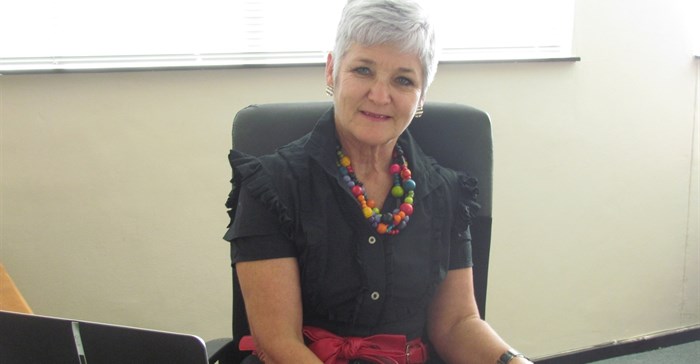
Top stories





Energy & MiningGlencore's Astron Energy gears up with new tanker amidst Sars dispute
Wendell Roelf 12 hours

More news

















Logistics & Transport
Uganda plans new rail link to Tanzania for mineral export boost











One of the more prevalent forms of discrimination still abound today is that against the disabled, especially in the workplace.
We at Orion Organisation NPC are actively working to rid both society and businesses of the rife discrimination and prejudices that exist as obstacles to disabled people living fulfilling lives.
In South Africa today we have a population just over 50-million people, of this, just over 4-million are disabled, with many more disabilities going unreported, often due to the prejudice that society shows against people with impairments.
A formal definition could be given as: disability is the consequence of an impairment that may be physical, cognitive, mental, sensory, emotional, developmental, or some combination of these that result in restrictions on an individual's ability to participate in what is considered "normal" in their everyday society.
By far the worst situation many of the people we work with have is that of limited economic opportunities. When a majority of your country's "everyday" population is poor, the plight facing the disabled is made worse, especially for the poor ones; whether it's lack of education or the prejudices mentioned above, the economic prospects of disabled people are still limited today and it needs to change.
One of the main issues is that employers think it will cost too much to employ a disabled person. This is simply not true. Study after study has found this attitude to be unfounded and that in the long-run, employing disabled people would often benefit a company for the following reasons:
Reputation and brand - according to many documented studies, at least 92% of the public view companies that hire people with disabilities more favourably than those that do not; 87% of the public also agree that they would prefer to give their business to companies that hire people with disabilities.
The cost of "adapting" the workplace to suit the needs of a disabled employee is much lower than thought on average. 15% of disabled employees have no extra cost; 51% had a cost less than R7,000; 12% cost R10,000; and the remaining 22% factored in the seriously disabled at a cost of R14,000. However, the majority of employees (73%) had costs ranging around R7,000.
For some companies this seems expensive, especially SMEs, but in the long run, these initial HR capital investments are outweighed by the benefits. Due to the prejudices that exist against disabled people, when they do get a job, they prove themselves as model employees with lower absenteeism rates, equal or higher production capacity, along with reliability and loyalty.
Tax benefit: A great reference and comprehensive document highlighting the various benefits to business is currently available as a download via fasset.org.za.
The means to overcome this prejudice exists today, whether the solution is technological, societal or just a change of mindset, these people who have a disadvantage do not deserve to be further disenfranchised, it’s up to each of us individually and collectively to begin to rectify this situation.